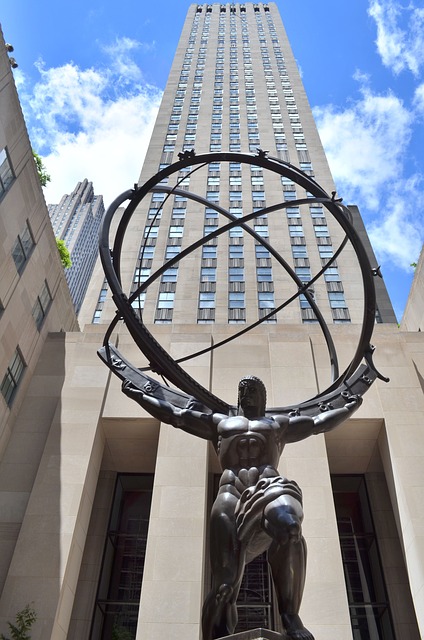
During the pandemic we have attended services, over Zoom, with our daughter, who is a pastor, and her congregation, Bethel UCC in White Salmon, Washington. We’ve been grateful for that option.
Zoom, at least as Bethel does it, allows for interaction with others in the congregation. So we’ve gotten to know people despite being on-line. Other congregations offer a pre-recorded service which doesn’t allow for the interactional element of Zoom.
But churches and their leaders face a tough question when the pandemic is over: do they continue to offer worship services on-line, whether live through a technology like Zoom, or pre-recorded and downloadable, available at a viewer’s convenience?
I’ve been pondering this question for a while now. I have discussed it with a number of clergy who, unlike me, are leading congregations.
Of course, given how things are going, one may ask if “after the pandemic” will ever come? In May it looked like churches would soon be able to return to in-person and some were. Of late, the situation looks more complex and problematic.
Still, at some point, in-person, unmasked, with congregational singing(!) worship will be an option. Should it be one “option,” alongside live stream/recorded and on-line worship? Or should actual in-person worship as a gathered Christian community be not one option among many, but the norm?
Albert Borgman is a philosopher whose primary area of work was exploring the culture of technology and how it shapes us as human beings. One of the things Borgman observes is that technology offers ease and convenience. It reduces the burden by lowering the threshold required of participants in various experiences. But, asks Borgman, are there burdens we ought not want to be relieved of? Here’s Borgman, speaking in an interview done in maybe 2004 (or sometime before “social media”):
“A crucial feature of a technological device is that it makes something available to us in a comfortable way. You don’t have to work for it. It’s there at our beck and call.
“In the case of television, information and entertainment become easily available. Television to some extent takes the place of stories, pictures, ballads, gossip—other ways of informing ourselves about the world.
“That transformation is much more profound than we realize. If two or three hours of television a day come into our lives, then something else has to go out. And what has gone out? Telling stories, reading, going to the theater, socializing with friends, just taking a walk to see what’s up in the neighborhood.
“Philosophers point out the liabilities—what happens when technology moves beyond lifting genuine burdens and starts freeing us from burdens that we should not want to be rid of.
“(Interviewer) What burdens should we not want to get rid of?
“Consider, for instance, the burden of preparing a meal and getting everyone to show up at the table and sit down. Or the burden of reading poetry to one another or going for a walk after dinner. Or the burden of letter-writing— gathering our thoughts, setting them down in a way that will be remembered and cherished and perhaps passed on to our grandchildren. These are the activities that have been obliterated by the readily available entertainment offered by TV.”
For me, in-person worship, the worship of a gathered community, falls in the category of “burdens that we should not want to be rid of.”
I don’t envy church leaders as they struggle with this. It will take real courage to downplay, even shut down, the on-line options. Those cater to two of our cultural demigods: individualism and convenience that are not easily defied.
A recent guest column in The New York Times argued for in-person worship, saying that the gathered community is essential to the Christian faith. Here’s a bit from that essay —
“Christians need to hear the babies crying in church. They need to see the reddened eyes of a friend across the aisle. They need to chat with the recovering drug addict who shows up early but still sits in the back row. They need to taste the bread and wine. They need to feel the choir crescendo toward the assurance of hope in what our senses can’t yet perceive.”
In-person, embodied church inevitably puts us in touch, often literally, with people we know well and people we don’t know at all. It occasions interactions with those we find congenial to us and those we might rather avoid. And something, I would call it “the presence of the Holy Spirit,” happens in a gathered community that seems to me far less-likely on-line.
Some churches are moving to have two congregations, post-pandemic. One on-line, one in-person. Some have even added a pastor, or another staff person, just for the “Zoom”/ on-line congregation. This may be the wave of the future, but if so I’d regret it. One additional point about this: it favors larger and wealthier churches with more human and technical resources.
For a recent birthday, I got several on-line “cards.” I appreciated them, but I appreciated even more those that required taking the time and making the effort to select an actual card, write a personal message, and get it in the mail. Borgman is right. There are some burdens that we ought not want to be rid of.
Discover more from Post Alley
Subscribe to get the latest posts sent to your email.

There is NOTHING better than getting an actual card or letter.
The Catholic mass is a reenactment of a meal gathering. Church attendance is a social experience, not just a time to “Praise the Lord” – IF the pandemic has shown us anything, it is we need to gather.